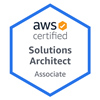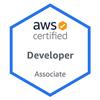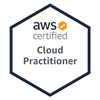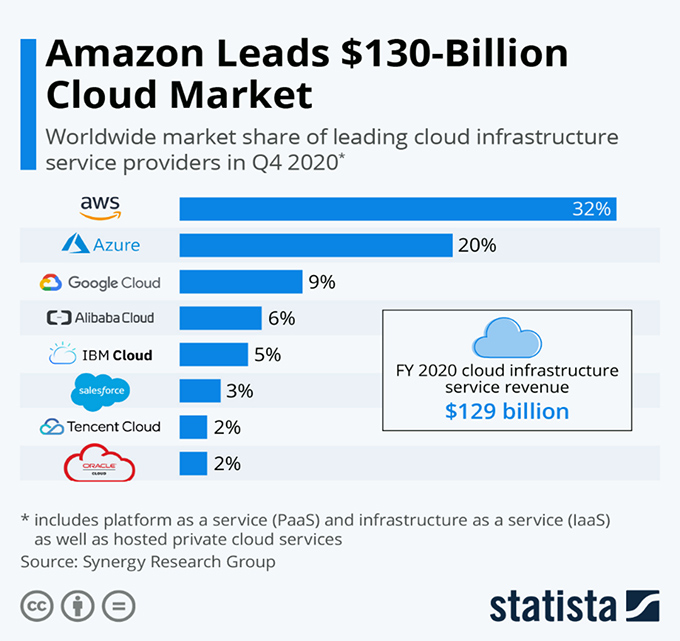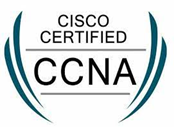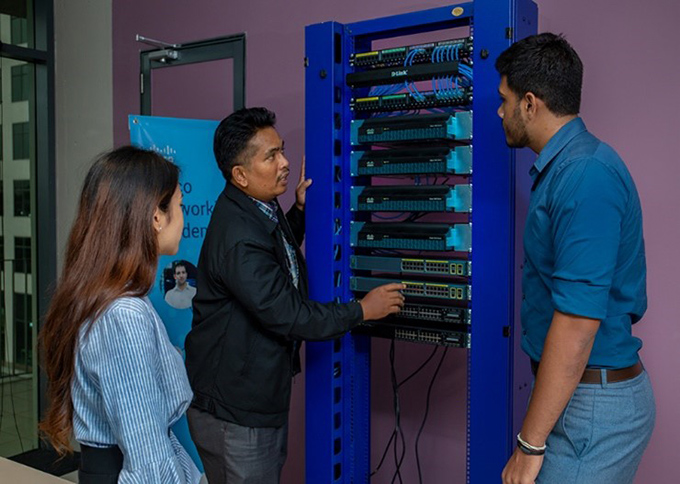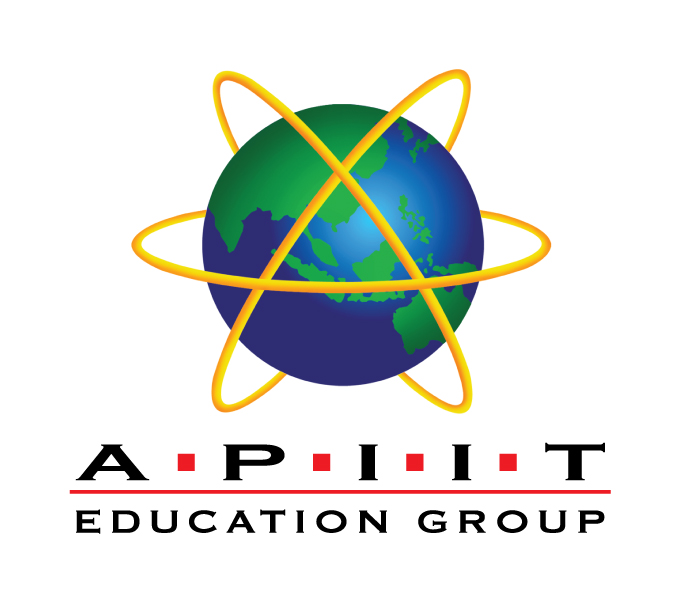Why choose APU?

Dual Degree
APU-DMU Dual Degree Programme
More Than Just A Bachelor of Science (Honours) in Information Technology Degree
APU’s Bachelor of Science (Honours) in Information Technology with a specialism in Cloud Engineering degree is designed to provide you an edge with the latest technologies that are in line with the Industrial Revolution 4.0.
Digital Transformation for IR4.0
Requirements
Admission Requirements
- 2 Passes in STPM with minimum Grade C (GP 2.0) in any subject with a Credit in Mathematics at SPM.
- 2 Passes in A-Level and with a Credit in Mathematics at SPM/ O-Level/ IGCSE or equivalent.
- 5 Grade B Passes in UEC in any subjects including Mathematics.
- A pass in Matriculation or Foundation studies with minimum CGPA of 2.0 with a Credit in Mathematics at SPM/ IGCSE/ O-Level or its equivalent.
- Diploma in Science, Technology or Business studies with a minimum CGPA of 2.50 and with Credit in Mathematics at SPM/ IGCSE or its equivalent, can be admitted subject to rigorous assessment conducted by APU.
- A Diploma in IT & Computing related areas with a minimum CGPA of 2.50 and fulfilment of requirements for Credit Transfer is subject to approval by the APU Academic Board.
Note: The above entry requirements may differ for specific programmes based on the latest programme standards published by Malaysian Qualifications Agency (MQA). The qualification and entry requirements for the programmes will be determined based on the “Comparison List of Equivalency of International Qualifications with SPM (O-Levels equivalent) and STPM (A-Levels equivalent)” published by Malaysian Qualifications Agency (MQA).
- IELTS : 5.0
- TOEFL IBT : 40
- Pearson (PTE) : 47
- MUET : Band 3.5
What We Teach
This programme is specifically designed to provide students with:
- Familiarity with a broad range of information technologies and how they are used.
- A specialised and focused emphasis on information systems security as it applies in contemporary industry.
- The skills and knowledge required to critically evaluate and refine information systems security strategies and programmes.
-
Degree Level 1
Students will learn fundamental skills required by every IT professional, and the basic understanding of the underlying computer system through Computer Architecture, operating systems, networking and databases. Some specialised modules will provide them basic knowledge of security and computer forensics. The modules will also help them develop personal and organisational skills, as well as nurture creativity and innovation.
Common Modules
- Introduction to Databases
- Introduction to Networking
- System Software and Computing Concepts
- Python Programming
- Digital Thinking and Innovation
- Systems Analysis and Design
- Integrated Computer Systems
- Mathematical Concepts for Computing
- Introduction to Security and Forensic Technologies
- Fundamental of Entrepreneurship
Specialised Modules
- Fundamentals of Web Design and Development
Degree Level 2
A broader range of skills will be learnt, in which students will gain a better understanding of frameworks and planning techniques for the strategic management of information systems, along with specialised skills and knowledge required to critically evaluate and refine information systems security strategies and programmes. Students will gain solid technical knowledge of computer systems security with the appreciation to human security policies and actions. We will further nurture their creativity and innovation as well as independent learning to prepare them for the workplace.
Common Modules
- Programming for Data Analysis
- System Development Methods
- Object Oriented Development with Java
- Innovation Process
- Mobile and Wireless Technology
- Concurrent Programming
- Human Computer Interaction
- Web Applications
- Research Methods for Computing and Technology
Specialised Modules
- Network Security
- Switching and Routing Essentials
- Data Center Infrastructure
Internship (16 Weeks)
Students will undertake an Internship/Industrial Training for a minimum period of 16 weeks to prepare them for a smooth transition from the classroom to the working environment.
Degree Level 3
Students will will make use of their previous studies and industrial experience to extend their familiarity in a broad range of information technologies and to refine their personal and professional development. Students will enhance their programming skills and move further into the areas of cloud computing and big data. A final year project requires them to investigate and develop a solution for a realworld problem – they will demonstrate their ability to combine technical knowledge, critical thinking and analytical skills to produce a personal achievement portfolio.
Common Modules
- Project Management
- Advanced Database
- Critical Issues in Managing Information Systems in Organisations
- Cloud Infrastructure and Services
- Venture Building
Specialised Modules
- Edge Computing: Concepts and Applications
- Enterprise Networking and Automation
- Designing and Developing Applications On The Cloud
- Cloud Architecture
- Investigations in Cloud Engineering
- Cloud Engineering Project
MQA Compulsory Subjects*
- Appreciation of Ethics and Civilisation (M’sian Students)
- Malay Communication Language (Int’l Students)
- Philosophy and Current Issues
- Workplace Professional Skills
- Integrity and Anti-corruption
- Co-Curriculum
(*All students are required to successfully complete these modules as stipulated by the Malaysian Qualification Agency.)
Note: The specialism will appear only in the academic transcript.AWS Academy Member Institution
Amazon Web Services (AWS) is the world’s most broadly adopted cloud platform offering several fully featured services from data centers globally. As an Amazon Web Services (AWS) Academy member institution, Asia Pacific University of Technology & Innovation offers the AWS Academy cloud computing curriculum through its multi-disciplinary IT degree options that prepares students to pursue careers in the fast-growing cloud computing space and industry-recognized AWS Certifications.
The AWS Academy curriculum is developed and maintained by AWS subject matter experts, ensuring that it reflects current services and up-to-date best practices. Courses are taught by AWS Academy-accredited educators who are trained by AWS to help students become proficient in AWS technology.
The rapid rise of computing is creating a growing number of high-quality jobs at organizations around the world, and the technical skills that students develop through this program will position them well for their careers today and in the future.
Career Option with AWS Academy Member Institution
- Cloud Architect
- Systems Engineer
- Systems Analyst
- DevOps Engineer
- Reliability Engineer
- Build Engineer
- Software Developer
- System Architect
- Software Development Manager
- IT Manager
- Data Innovation Manager
- Machine Learning Scientist
- Business Process Engineer
- Data Wrangler / Munger / Miner
- Business Intelligence Manager
- Analytics & Reporting Manager
- Decision Analytics Manager
CISCO CCNA Certification
Cisco is the worldwide leader in IT and networking. Achieving CISCO CCNA certification is the first step in preparing for a career in IT technologies. To earn CCNA certification, you pass one exam that covers a broad range of fundamentals for IT careers, based on the latest networking technologies, software development skills, and job roles.
The undergraduate APU students who enlist under this programme, will get an opportunity to get the CISCO CCNA certification which follows CCNA v7 prospectus. There are 4 modules under this programme that were designed following CCNA syllabus. This giving benefits to students as they have access to various resources and simulation software through the learning platform to facilitate their learning. As a CISCO Academy partner, APU had a dedicated CISCO lab with all CISCO devices. This facility is provided to ensure our students are exposed to the real physical configuration of network devices such as routers and switches in their lab sessions at level 2 and level 3 of their undergraduate program. With the best facility and skilled certified instructors, the students should be fully ready to sit for their CCNA certification exam during their final semester of undergraduate study.



